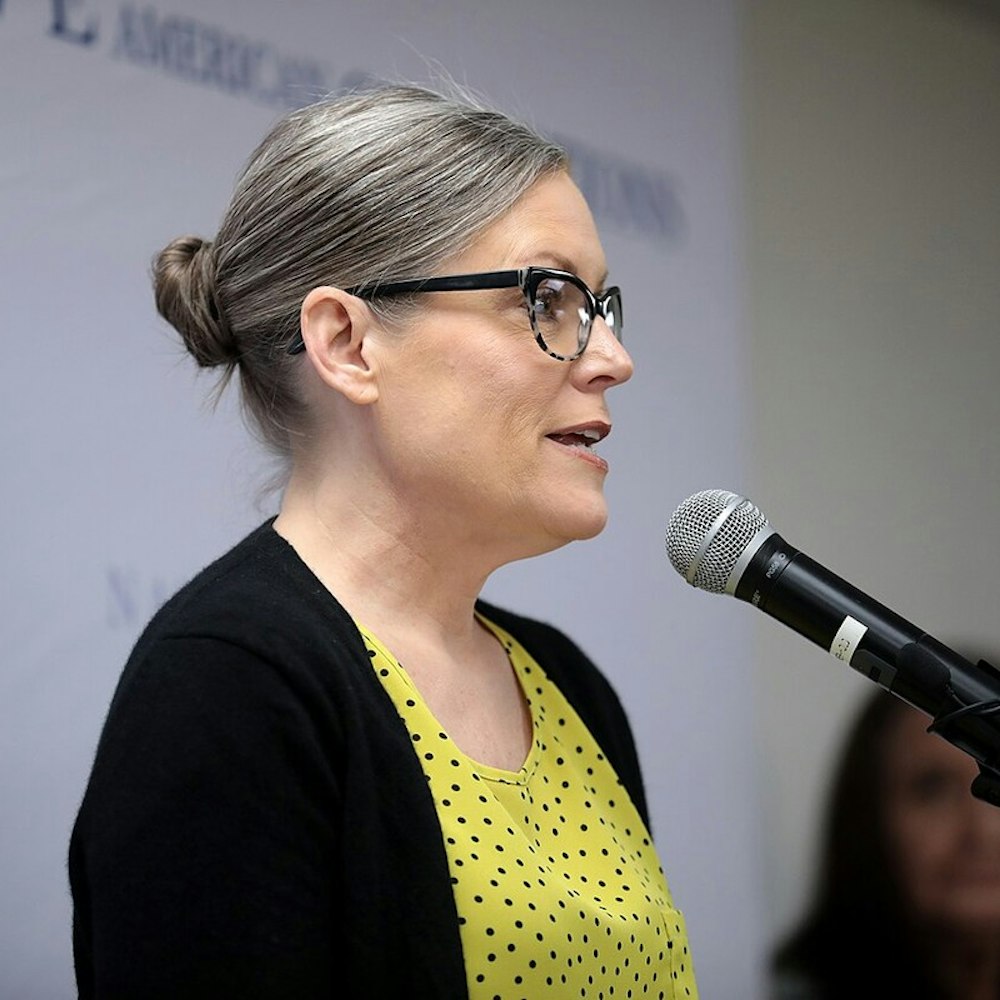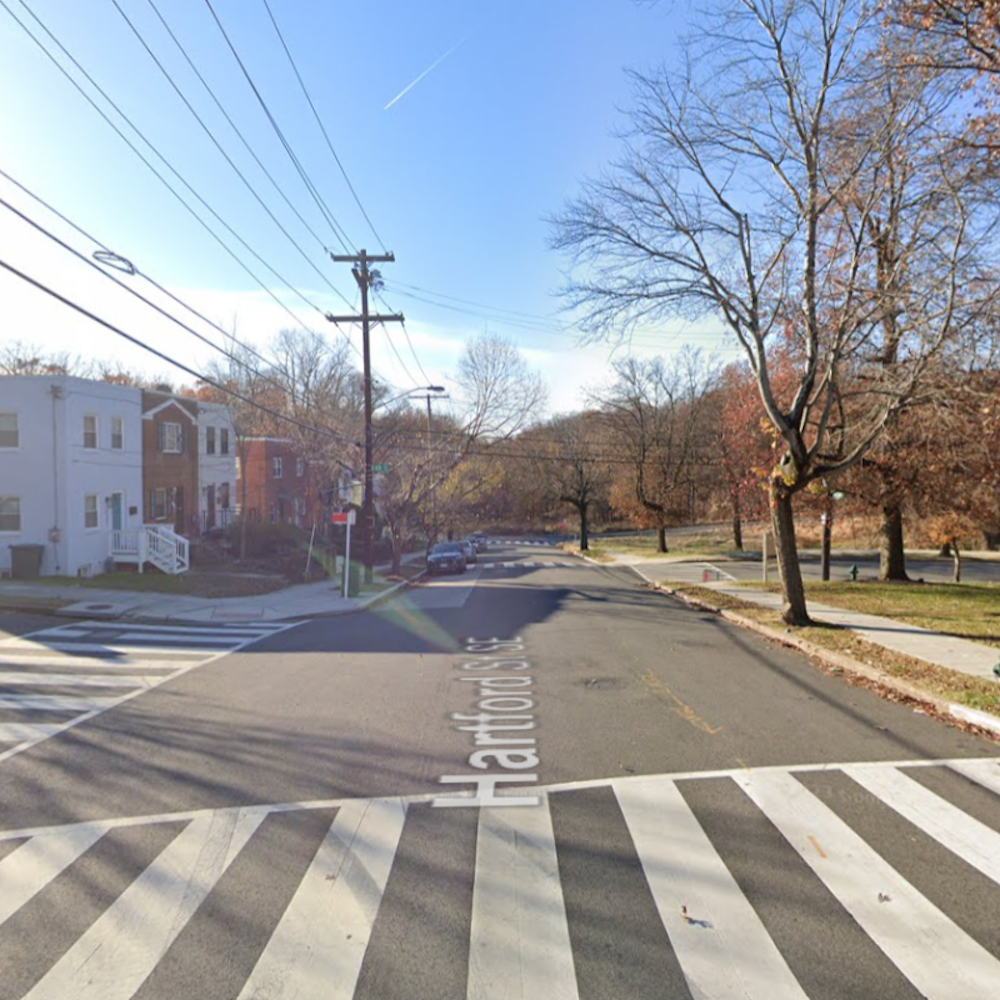
In stark contrast to the national trend of decreasing smoking rates, the rural smokestacks of America are still billowing. A report from the University of Minnesota School of Public Health found that a mere 25.6% of rural smokers tried to kick the habit over the course of a year. The concerning stats highlight the grip tobacco has on countryside communities, where 19.2% of adults still light up compared to the 14.4% urban rate in 2020, as the University of Minnesota reports.
The reasons behind rural America's struggle with smoking cessation are multifold, according to the study, which spotlights educational level, opinions from peers, and medical advice as key factors in the quitting equation. Those who managed an attempt to quit smoking often had some college under their belt, faced frowns on their smoking from friends and family, and had been nudged by their doctors to stub it out. Conversely, the users of smokeless tobacco and the heaviest of smokers were the least likely to put their cigarettes down, the study suggests.
What's snuffing out the quit rate for rural smokers? Lorna Bittencourt, a doctoral student at the School of Public Health and lead author of the study, pointed out the twin troubles of higher smoking rates and a scarcity of quit aids. "Along with higher smoking rates and fewer attempts to quit smoking, rural communities face limited access to programs, medication, and health care professionals as tools to help them quit smoking," Bittencourt explained. This is a population clearly in need of support, with the study's data painting a picture of an often-neglected segment battling it out against tobacco addiction largely on their own.
The few glimmers of hope in this haze of tobacco trouble point to the power of social influence and the potential of digital aids. The study's authors argue that the disapproval of smoking by friends and family can light the way for quit attempts. Plus, resources like the National Cancer Institute’s Smokefree.gov are suggested to provide some much-needed backup. "Negative perceptions of smoking and disapproval of the habit among friends and family are leading factors associated with attempts to quit smoking," Bittencourt noted, underscoring the significance of a solid support system amidst a cloud of smoke.
For rural America's smokers, it seems the battle is far from over, but with tailored approaches that respect their unique circumstances, there could be a breath of fresh air on the horizon. A combination of family support heightened healthcare engagement, and leveraging online resources might finally help clear the smoke in these communities that have for so long been underserved and overburdened by tobacco's harmful legacy.









